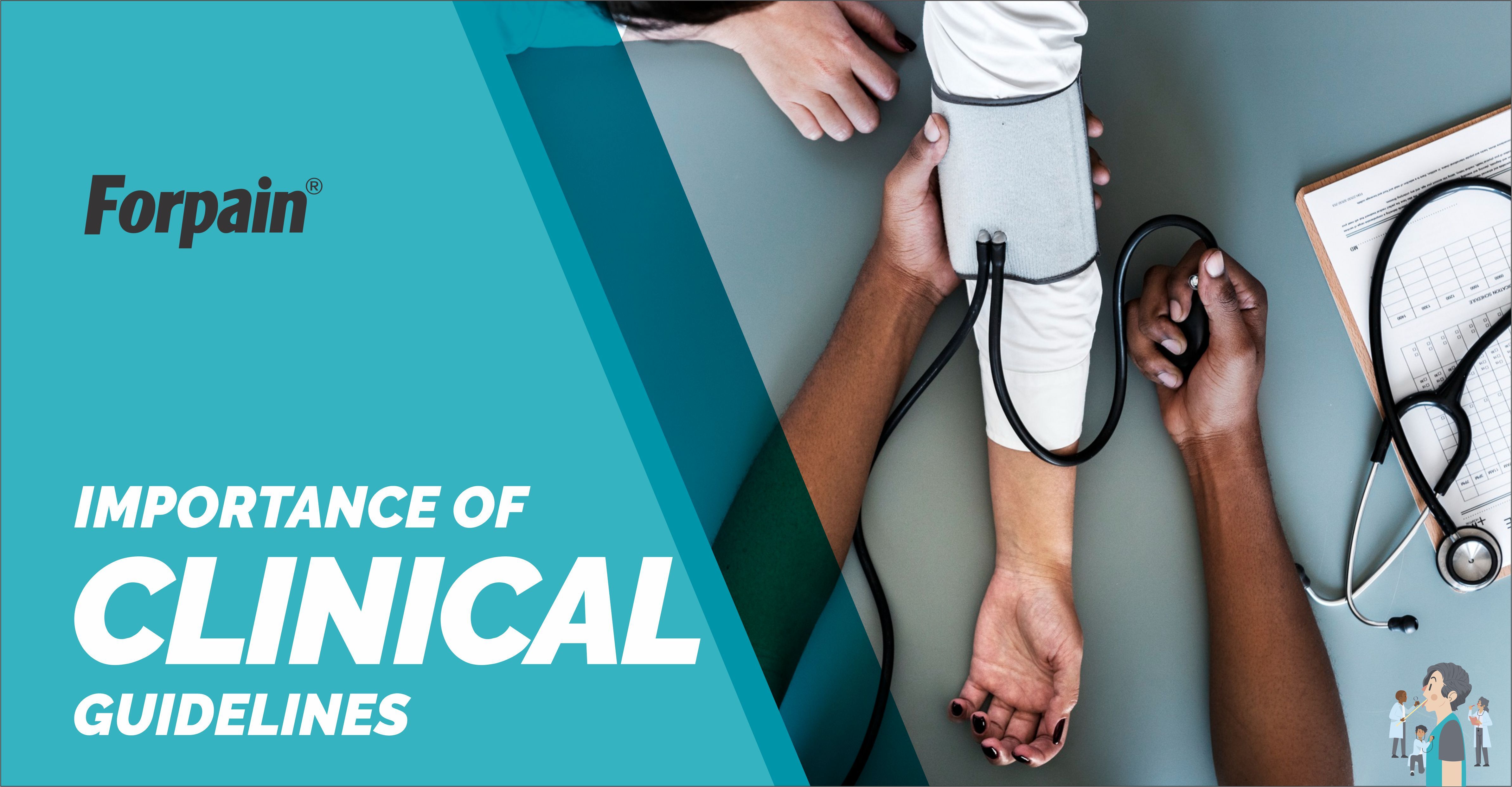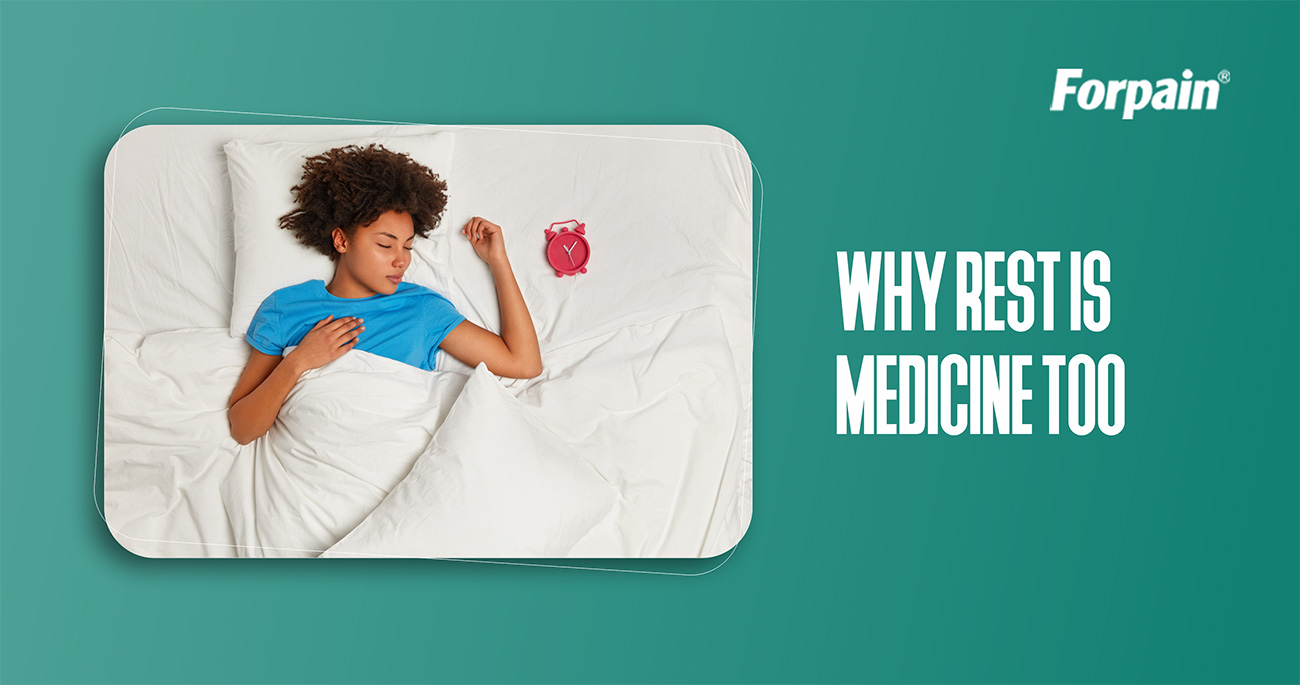
Importance of Clinical Guidelines
Clinical guidelines are systematically developed statements to assist health practitioners and patients decide on appropriate healthcare in specific circumstances. According to Marcelo Arancibia et al, clinical guidelines are the most important documents for the incorporation of scientific evidence in health decision-making through the formulation of recommendations.
A medical professional is obliged to know the medical guidelines of his or her profession, and has to decide whether to follow the recommendations of a guideline to treat an individual’s ailment. In other words, doctors don’t have to follow the recommendations if they don’t think it is suitable for certain patients. The National Center for Complementary and Integrative Health states that “guidelines are not fixed protocols that must be followed, but are intended for health care professionals and providers to consider. While they identify and describe generally recommended courses of intervention, they are not presented as a substitute to the advice of a physician”.
They guide health professionals when making clinical decisions such as diagnosis, management and treatment in specific areas of healthcare. They are mainly written for doctors, nurses and other health care providers but it is essential for you as a patient to be aware of some of these guidelines.
So you might ask yourself: “Why do I need to know about clinical guidelines?”, “How do they impact me?”. Simply put, every patient has the right to necessary information which helps them make informed decisions concerning treatment options, including information on harms, particularly to support shared decisions with health professionals.
Guidelines are very important in achieving success in the treatment of health conditions. They have the potential to reduce morbidity and mortality and improve the quality of life. Guidelines improve the consistency of care & offer a remedy, making it more likely that patients suffering the same ailment will be cared for in the same manner regardless of where or by whom they are treated. They also call attention to ineffective dangerous and wasteful practices.
Health Guidelines may lose their clinical relevance as they age and newer research emerges, a good clinical guideline should be based on up-to-date scientific knowledge and it should be possible to follow in daily medical practice. It should also be linked to the evidence with references and other supporting evidence. And because guidelines provide a practical and ethical framework for decision making, they instill a sense of responsibility and accountability on the part of the medical personnel.
Guidelines offer clear benefits for the future practice of medicine by ensuring that health practitioners practice with most thoroughly reviewed, up to date evidence available.
Remember, When Headache hits stay on top of your game with Forpain. #NoDownMomentsWith Forpain. Follow @Forpainnigeria on all social media platforms and connect with us for more healthcare tips and information.


